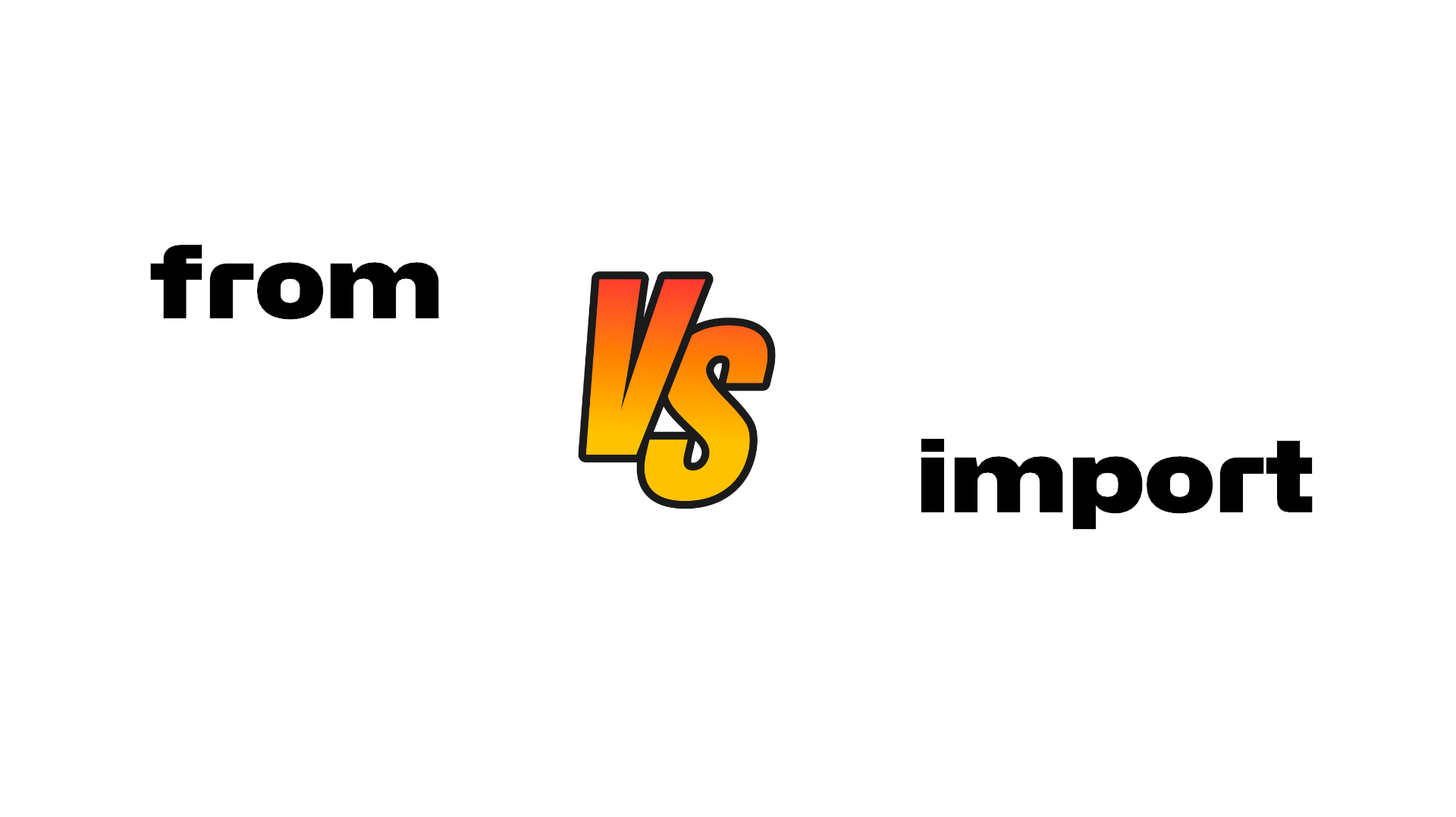- Published on
Python Tip: from versus import
2 min read
- Authors
- Name
- Kiarash Soleimanzadeh
- https://go.kiarashs.ir/twitter

Table of Contents
from vs import
The import statement is often a better choice than the from statement. Think of the from statement, particularly from M import *, as a convenience meant only for occasional use in interactive Python sessions. When you always access module M with the statement import M and always access M’s attributes with explicit syntax M.A, your code is slightly less concise but far clearer and more readable. One good use of from is to import specific modules from a package. But, in most other cases, import is better than from.
Moreover, to reload a module, in v3, you pass the module object (not the module name) as the only argument to the function reload from the importlib module (in v2, call the built-in function reload instead, to the same effect). importlib.reload(M) ensures the reloaded version of M is used by client code that relies on import M and accesses attributes with the syntax M.A. However, importlib.reload(M) has no effect on other existing references bound to previous values of M’s attributes (e.g., with a from statement). In other words, already-bound variables remain bound as they were, unaffected by reload. reload’s inability to rebind such variables is a further incentive to use import rather than from.
However, using from P import M to import a specific module M from package P is a perfectly acceptable, indeed highly recommended practice: the from statement is specifically okay in this case. from P import M as V is also just fine, and perfectly equivalent to import P.M as V.
A side note
reload is not recursive: when you reload module M, this does not imply that other modules imported by M get reloaded in turn. You must arrange to reload, by explicit calls to the reload function, each and every module you have modified.